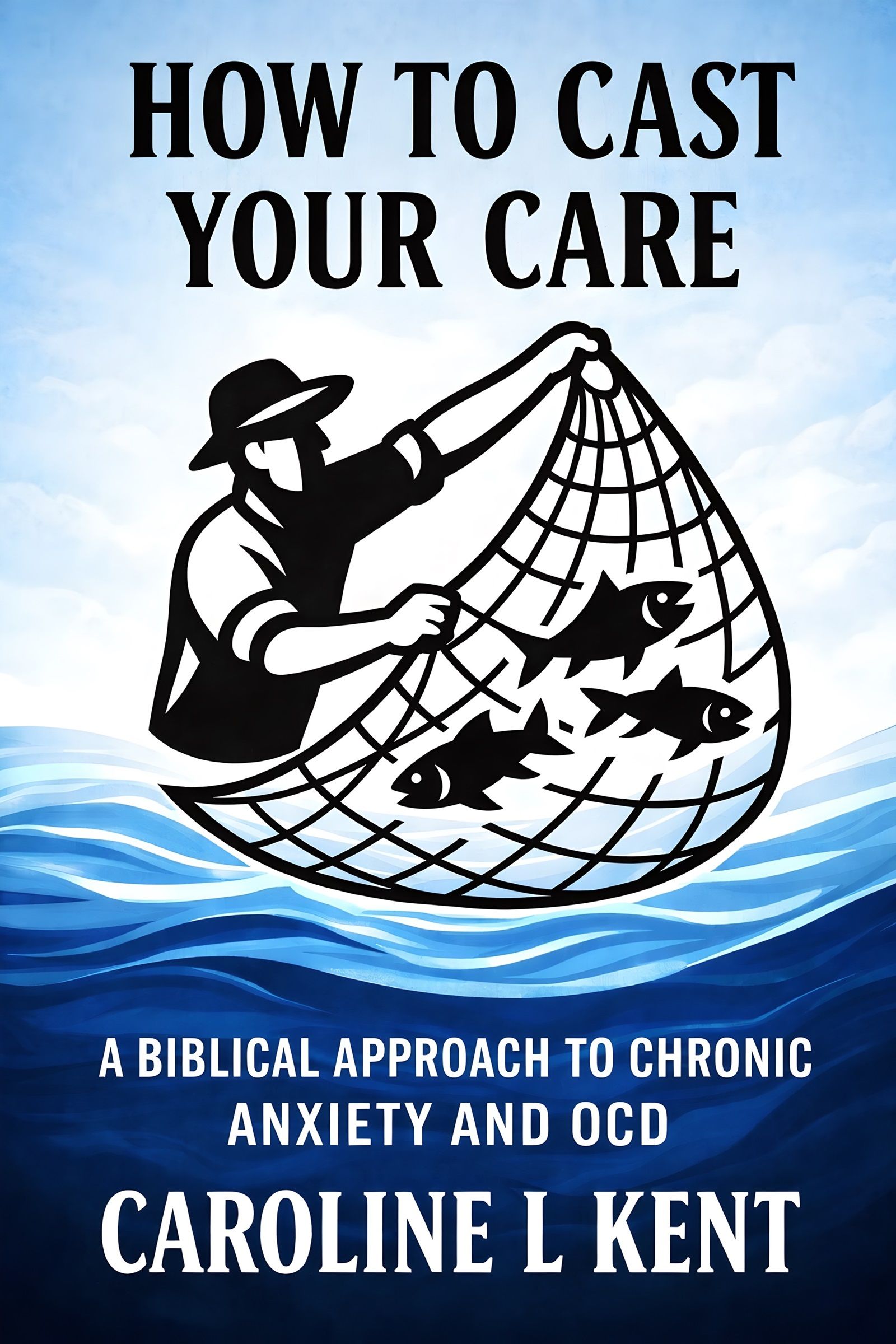Worldliness
Introduction
Worldliness is the inordinate love of the present world — its riches, pleasures, honours, and comforts — above the love of God. Richard Baxter described it as a subtle but deadly sin, for it often hides under lawful enjoyments. To be worldly, in his words, is to have “the heart dwell below, while the tongue confesseth a higher world.” It is not possessions themselves that condemn, but when possessions possess us. Worldliness distracts the mind from heavenly things, chokes the Word, and turns the soul aside from the narrow way. Baxter urged Christians to live as pilgrims and strangers, using the world without abusing it, and to keep their eyes on the life everlasting.
Scripture Focus
“Love not the world, neither the things that are in the world. If any man love the world, the love of the Father is not in him. For all that is in the world, the lust of the flesh, and the lust of the eyes, and the pride of life, is not of the Father, but is of the world. And the world passeth away, and the lust thereof: but he that doeth the will of God abideth for ever.” (1 John 2:15–17, KJV)
“For where your treasure is, there will your heart be also.” (Matthew 6:21, KJV)
“But godliness with contentment is great gain. For we brought nothing into this world, and it is certain we can carry nothing out.” (1 Timothy 6:6–7, KJV)
List of Relevant Scriptures
- Psalm 49:16–17 – Riches cannot be carried beyond the grave.
- Proverbs 23:4–5 – Riches make themselves wings.
- Matthew 13:22 – The cares of this world choke the Word.
- Luke 12:15 – Life does not consist in abundance.
- Romans 12:2 – Be not conformed to this world.
- Colossians 3:1–2 – Set your affection on things above.
- James 4:4 – Friendship with the world is enmity with God.
- Hebrews 11:13–16 – The saints confessed themselves strangers and pilgrims.
Overview of the Biblical Teaching on This Issue
The Bible portrays the world as both God’s creation to be enjoyed with thanksgiving and a fallen system opposed to Him. To love the world in its rebellion is to forsake God; to use the world rightly is to glorify Him. Christ warned that the cares and riches of this life easily ensnare the heart, leading to barrenness. Believers are called to contentment, stewardship, and pilgrimage. The call of Scripture is not to ascetic denial of creation, but to a heart set on heaven while walking wisely on earth. Worldliness is a matter of affection: where the treasure is, there the heart is fixed.
Pastoral Guidance
Baxter’s Counsel:
- Discern the root: Baxter notes that worldliness springs from unbelief — trusting in visible things rather than God’s promises.
- Beware lawful delights: He warned that even lawful pleasures may become snares if they draw the heart from God: “To love the creature for itself, and not for God, is to turn His gifts into idols.”
- Use the world, enjoy God: Baxter taught that believers may lawfully enjoy food, drink, labour, and family, but only as steps to love and serve the Lord. The world is a servant, never a master.
- Live as pilgrims: “Remember you are but travellers through the world, not inhabitants of it.” Keep eternity before your eyes, so that earthly gain appears small in comparison.
- Practise contentment: Cure covetousness by remembering that God Himself is the portion of His people, and that all earthly things are fading.
- Keep heavenly company: Fellowship with the godly and meditation on Christ’s return lift the heart above the present world.
Further Reading
- Richard Baxter, A Christian Directory, Part I, ch. vii (“Directions against Worldliness and Earthly-mindedness”).
- Richard Baxter, The Saints’ Everlasting Rest (contrast between worldly vanities and eternal joy).
- Jeremiah Burroughs, The Rare Jewel of Christian Contentment.
- Thomas Brooks, Precious Remedies against Satan’s Devices (remedies against the bait of riches).
- John Owen, On Spiritual-mindedness (published 1681).
- John Flavel, A Treatise on Keeping the Heart.





